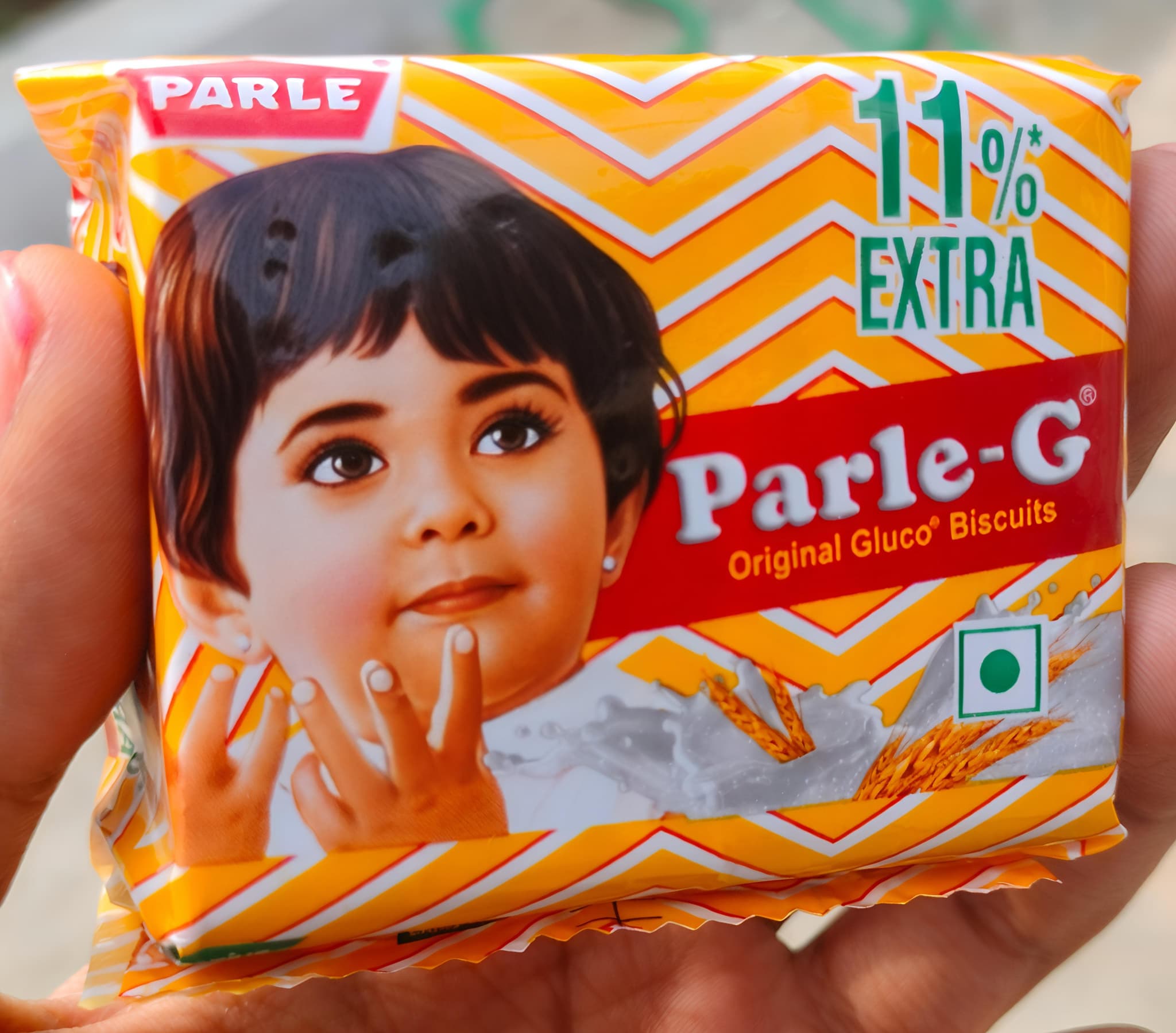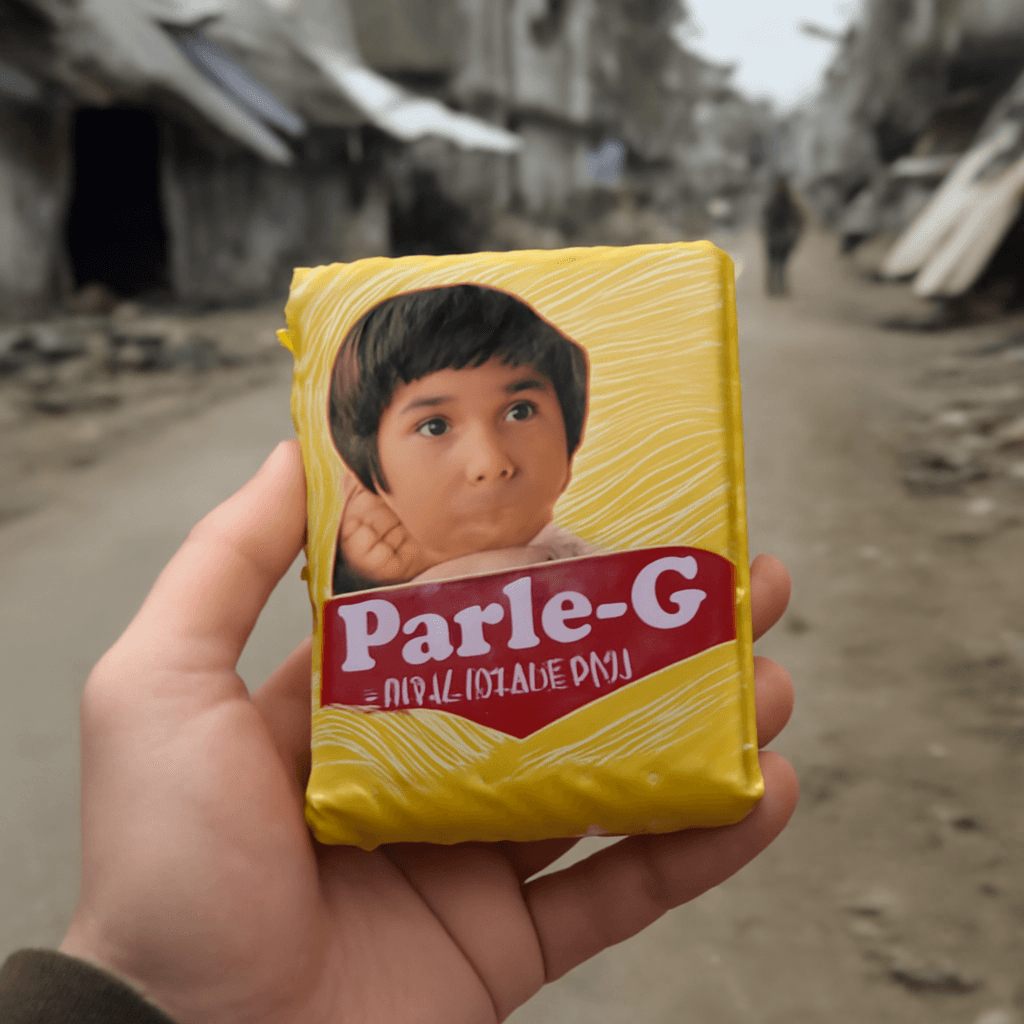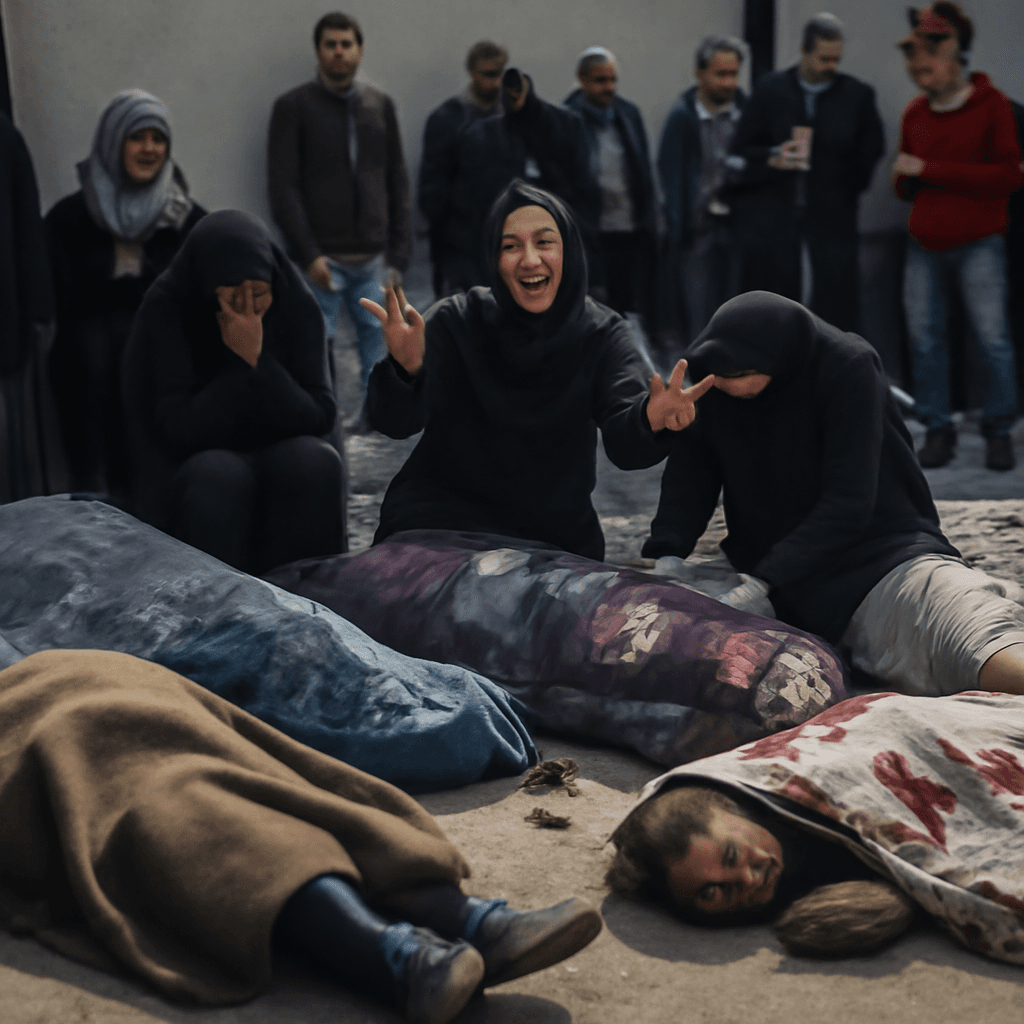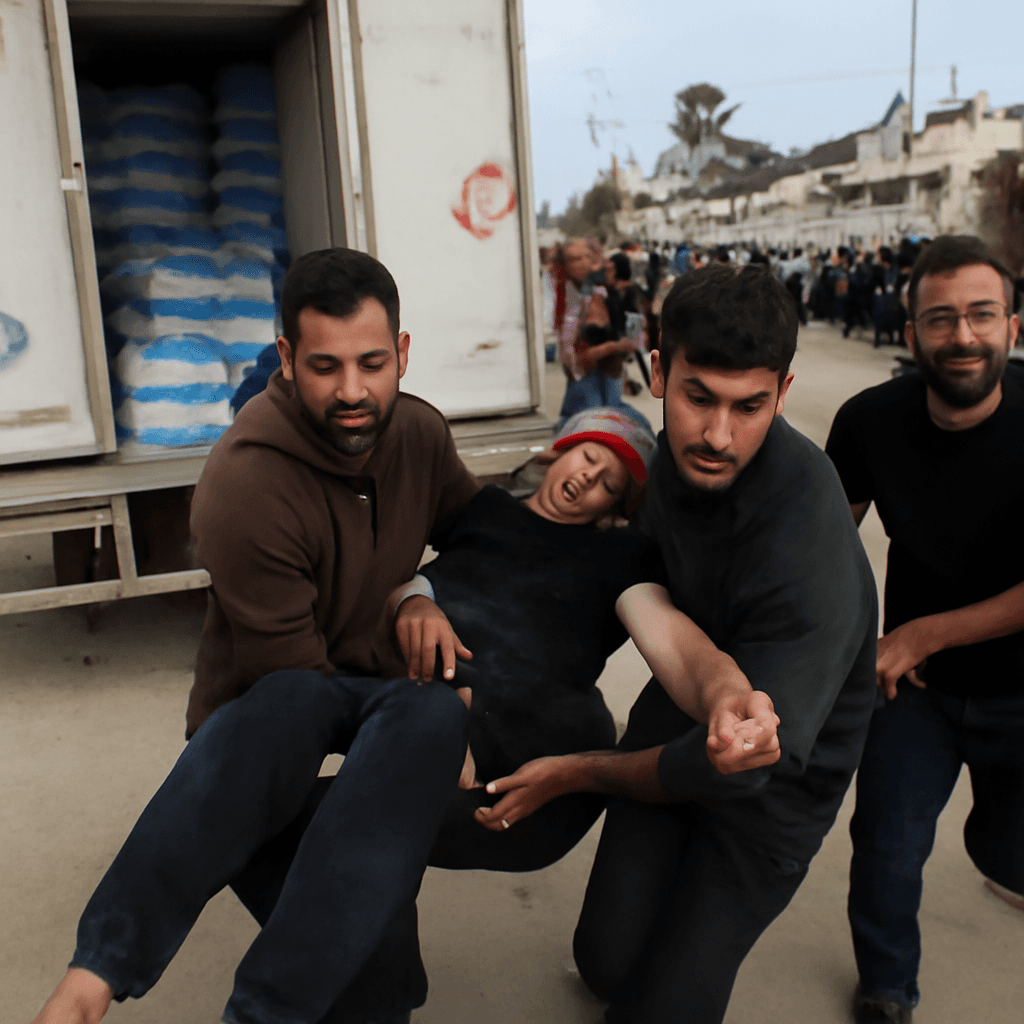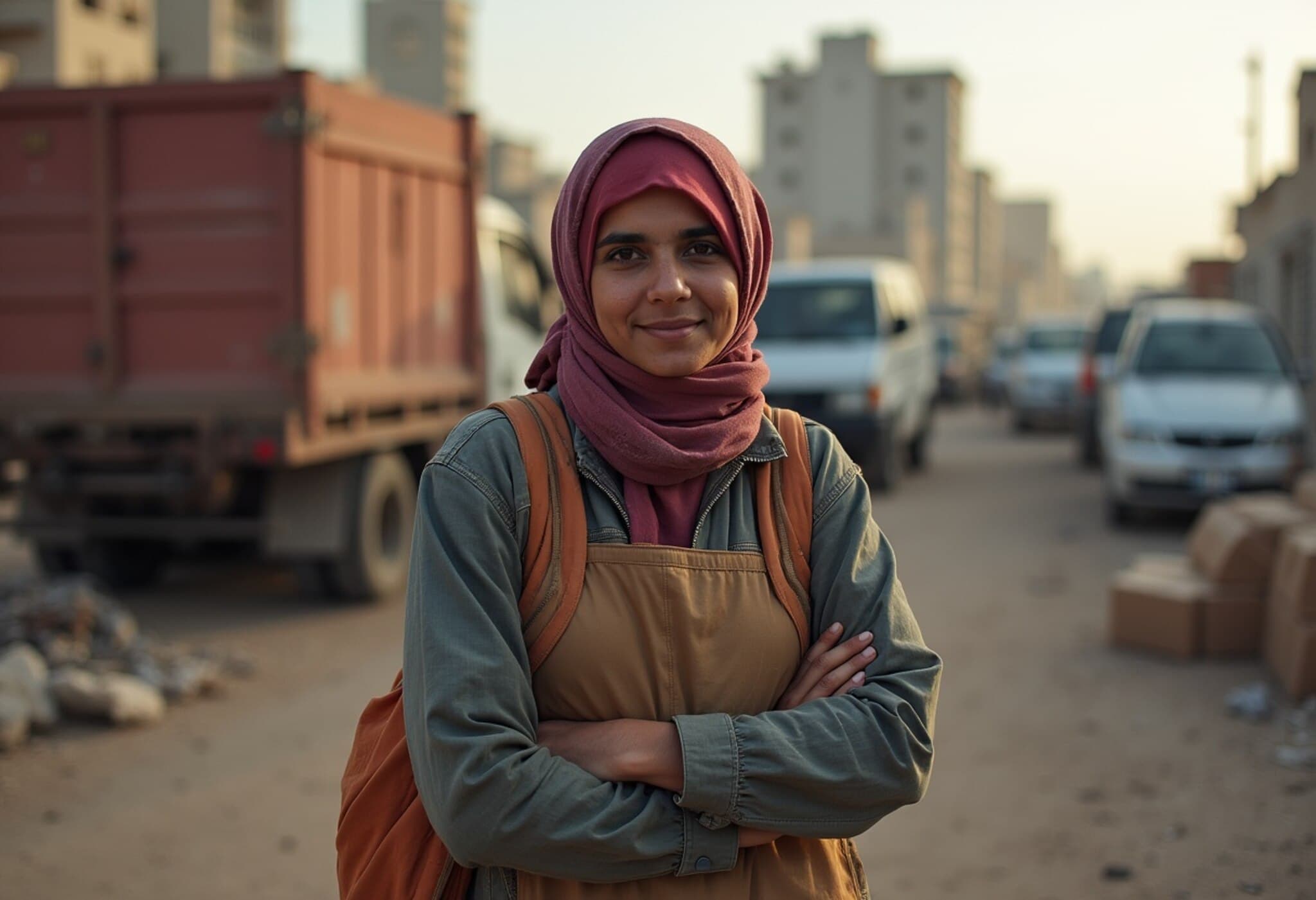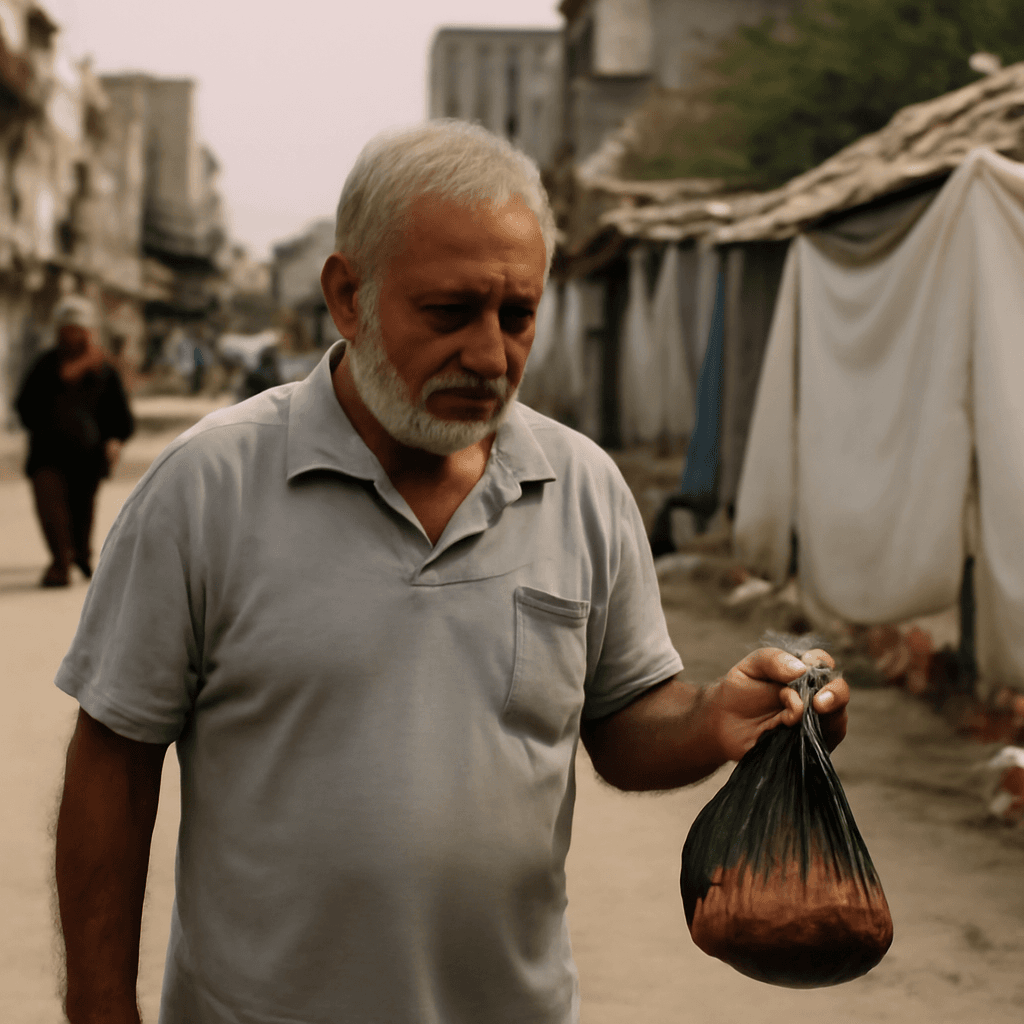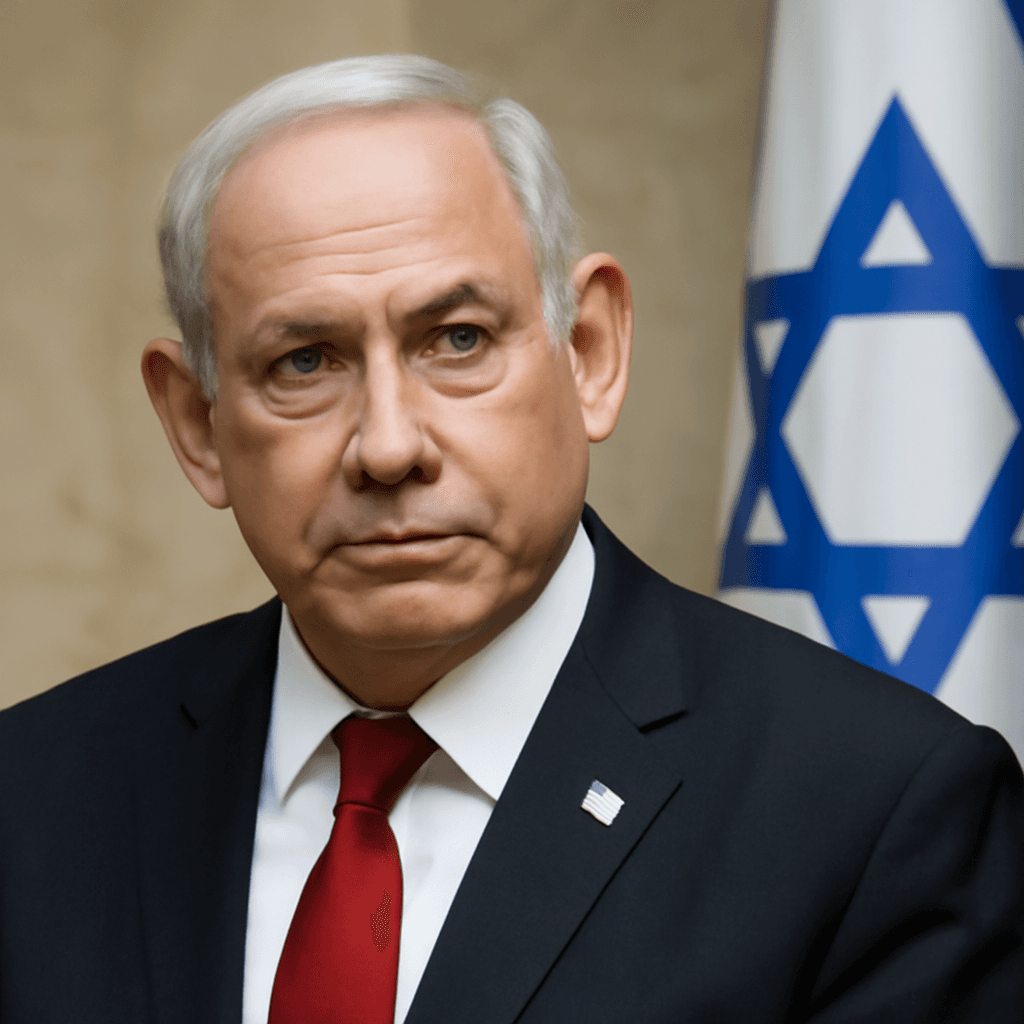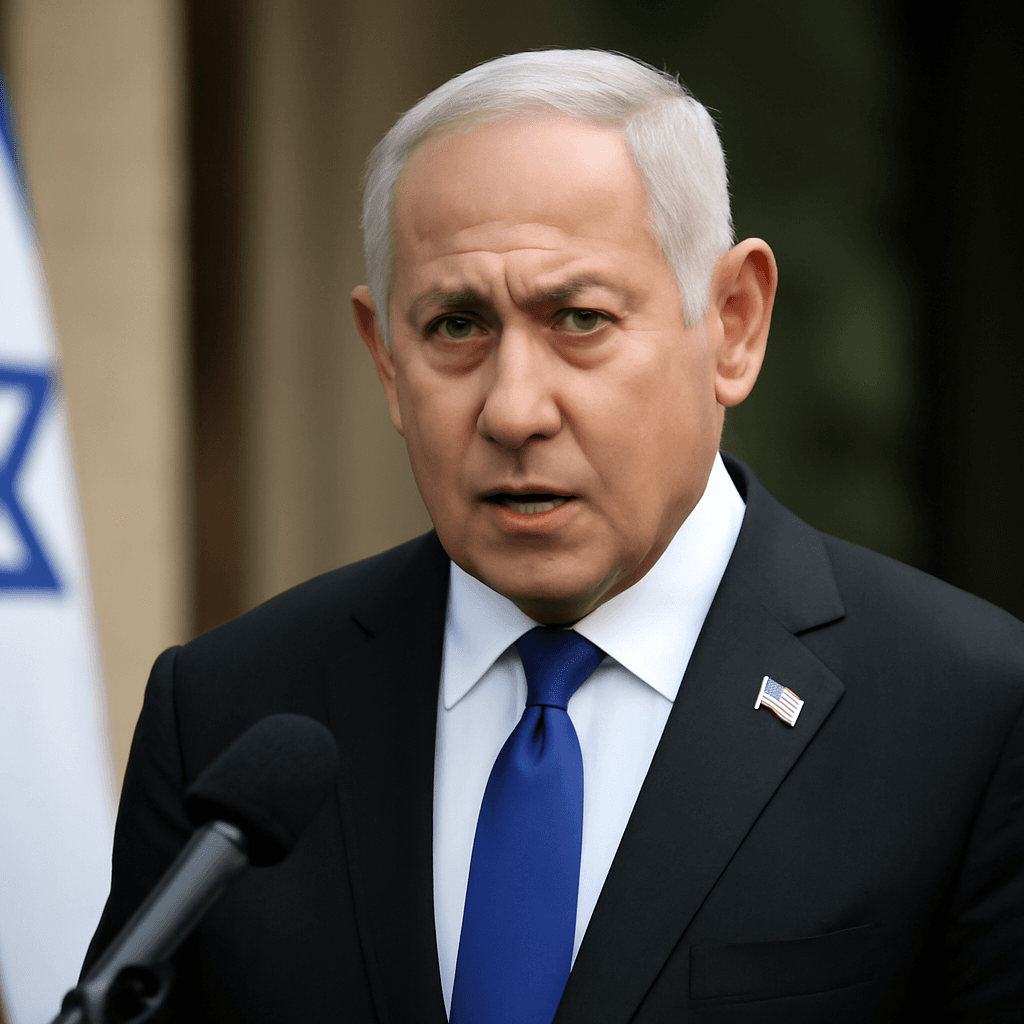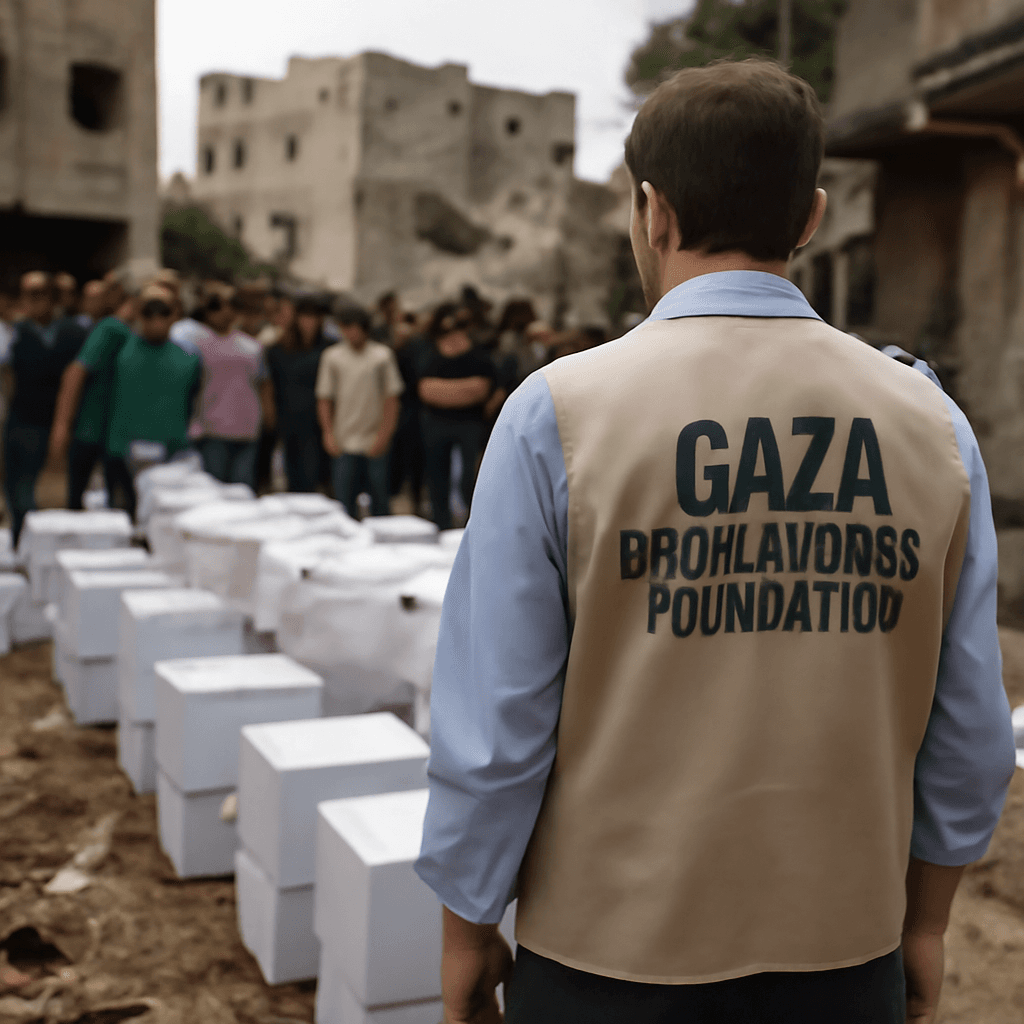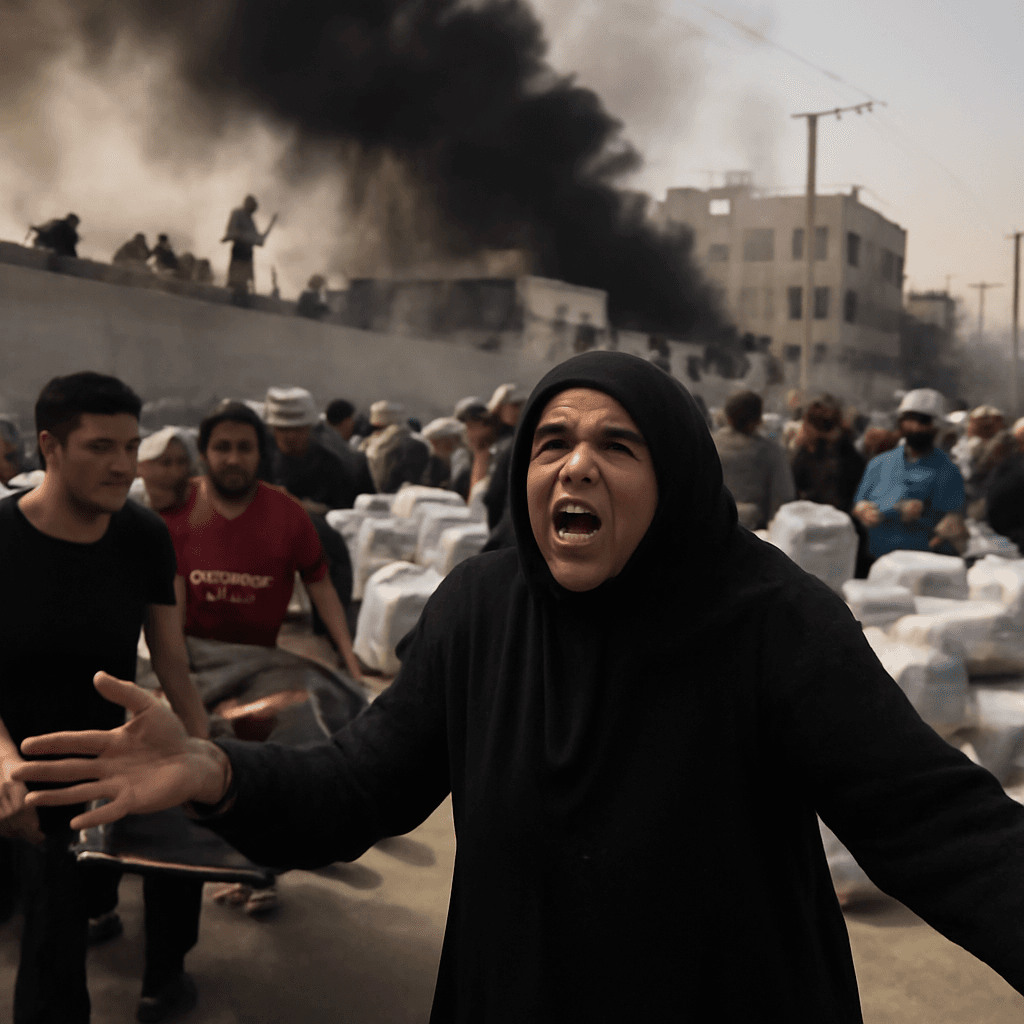Exorbitant Prices for Basic Commodities in Gaza
In Gaza, the ongoing humanitarian crisis has driven the prices of essential goods to unprecedented levels. Parle-G biscuits, widely known as an affordable staple in Indian households, are being sold for nearly 500 times their original price. A packet that normally costs just Rs 5 in India has been observed at prices over Rs 2,400 in the besieged region.
Parle-G: From Affordable Snack to Luxury Commodity
Parle-G biscuits, produced by a Mumbai-based company and historically recognized for their affordability and nostalgic value, have become a luxury item amid Gaza's extreme shortages. A viral report from Gaza documented a resident paying over 24 euros (about Rs 2,342) for these biscuits, revealing the stark contrast to their conventional value.
One local noted, "After a long wait, I finally got her favorite biscuits today. Even though the price jumped from around 1.5 euros to over 24 euros, I just couldn't deny her the treat."
The Impact of Blockades and Conflict on Food Accessibility
Since October 2023, military operations and strict blockades have severely restricted food supplies entering Gaza. Between early March and mid-May, the enclave experienced near-total isolation, with aid deliveries limited and monitored intensively. Traditional United Nations food distribution systems were suspended, replaced controversially by alternative mechanisms that included strict security measures and controlled distribution points.
Such restrictions have intensified scarcity, pushing many essentials and humanitarian aid items into black markets where prices are inflated dramatically.
Food Scarcity Spurs Black Market Inflation
Local experts attribute the extraordinary price surges not to supplier costs but to the scarcity caused by border closures and distribution control. Dr. Khaled Alshawwa, a surgeon in Gaza City, explained that while humanitarian goods usually enter Gaza free of charge, only a small fraction reaches those in need directly. As a result, many items are diverted and sold at prohibitive prices.
Dr. Alshawwa mentioned purchasing Parle-G biscuits within Gaza at about Rs 240 per packet, with prices fluctuating based on location and vendor, indicating severe market distortions. Other basic commodities also show inflated prices:
- 1 kg sugar: Rs 4,914
- 1 litre cooking oil: Rs 4,177
- 1 kg potatoes: Rs 1,965
- 1 kg onions: Rs 4,423
- 1 coffee cup: Rs 1,800
These prices correspond to the new Israeli shekel values converted to Indian rupees, highlighting the severity of inflation within Gaza's war-torn economy.
Significance of Parle-G in Cultural and Economic Context
Parle-G carries more than nutritional value; it embodies a deep cultural symbolism as a uniting affordable treat. Since its launch in 1938 during India's Swadeshi movement, the biscuit represented self-reliance and accessibility for all income groups. Over decades, the brand has maintained affordability by adjusting packaging sizes while keeping prices low.
Previously, Parle-G was India’s top-selling biscuit brand, reaching global sales milestones and dominating volume sales worldwide, making its inflated value in Gaza all the more poignant.
Concluding Insights
The extreme pricing of Parle-G biscuits and other essentials in Gaza underscores the harsh realities facing civilians amid prolonged conflict and blockade. The black market economy emerging from the scarcity highlights the humanitarian challenges that remain critical. Addressing these supply and distribution issues is vital for improving food security for the millions affected.

